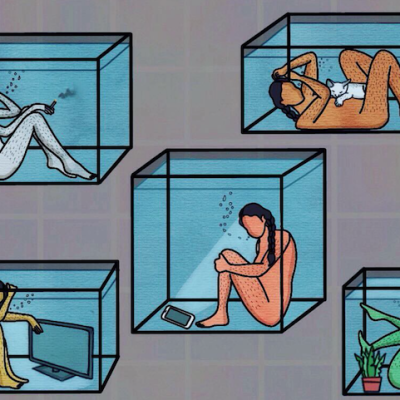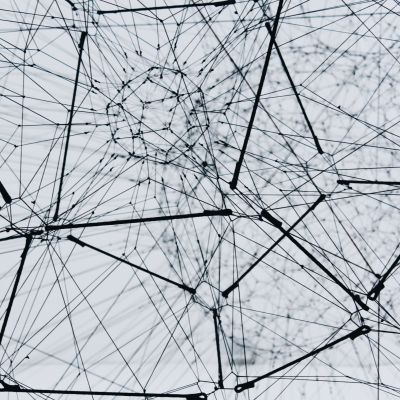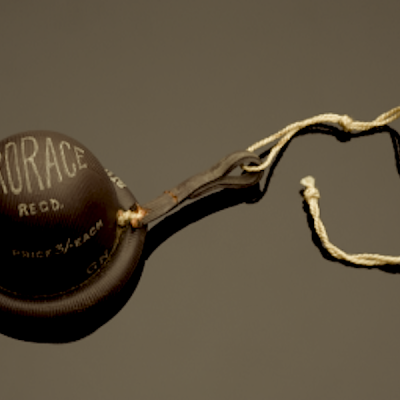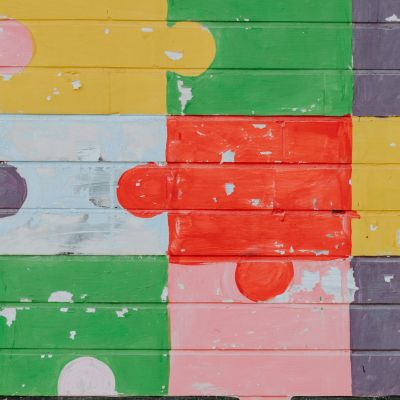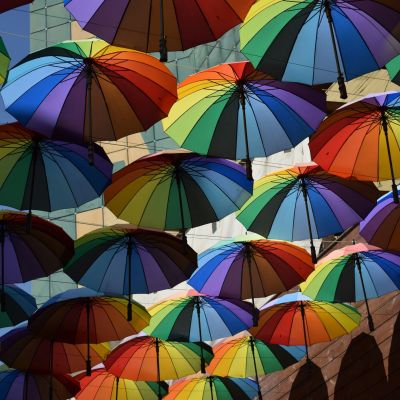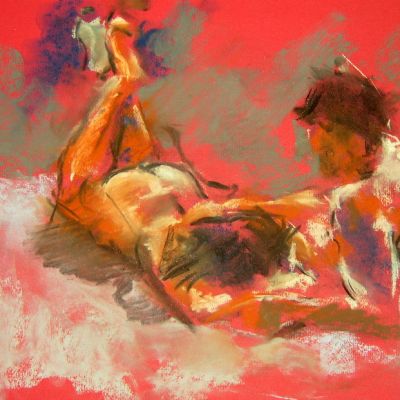Issue In Focus
The most satisfying spiritual and sexual experiences I’ve had were not in my twenties, thirties or even forties. They have been in my 50’s. The most insightful spiritual insights, and the most orgasmic orgasms have both arrived in middle age.
Why is it always so hard to find a place for intimacy and why do we have to lie and cheat our way into getting it? Everything related to non-committal sex was always so taboo, shrouded in secrecy, and eliciting raised eyebrows, that it turned me off.
Many disabled people in India live with their parents and any expression of sexuality is suppressed as a rule within the confines of their homes. Sexual desires of persons with disabilities are seldom a priority issue for families or civil society. More is said through silence than words. Be grateful that you are alive. Isn’t that enough?
As an integral aspect of the self, sexuality is at the core of home in the ways in which that home designs space for sexual being, an evolving sexual self, sexual experience and sexual expression, or does not do so, or does so for some members of the home but not for others.
That offline patriarchal norms are travelling online – lock, stock and barrel. Digital technologies may appear to be gender-neutral, but floating below their waters is the whole kit and caboodle of patriarchy.
(Tread gently. This article has some potentially disturbing content) If the first words that come to your mind when someone…
While we moved one step forward towards sexual rights by striking down Article 377 of the Indian Penal Code (IPC) and decriminalising homosexuality, we still have a long way to go in changing and challenging the popular psyche and the political and legal narratives around homosexuality and queer families.
In the last two decades the use of reproductive technologies[1] (RTs) has become an inevitable and often indispensable part of…
Today Marie Stopes is better known for her eponymous clinics, which provide contraception and safe abortion services in 37 countries…
If you’ve got a body, in which you’re going to negotiate this life, you have to know how it works.
The relationships that are portrayed in queer media also often transcend all attempts at categorisation, but are still undeniably queer – as are the characters whose inescapable push-and-pull, to their audience, often becomes the plot itself.
Performance and ‘proper’ go hand in hand because every performance has rules and prescriptions, so you can tell whether it’s a good performance or not, whether it’s skilled or not. Otherwise, it appears, you can’t understand or appreciate performance – or know if you’re doing it right!
Academic scholarship, popular culture and media-generated sex surveys are only beginning to understand ‘pre-marital’ sex among young people in India….
Food is some sort of extension of our bodies, our identities, and therefore food and sexuality intersect in a myriad ways.
The fans invest emotional energy, and time, knowing very well that the players may never know of their existence or reciprocate the same emotions. That, however, does not deter them from feeling and living those emotions.




